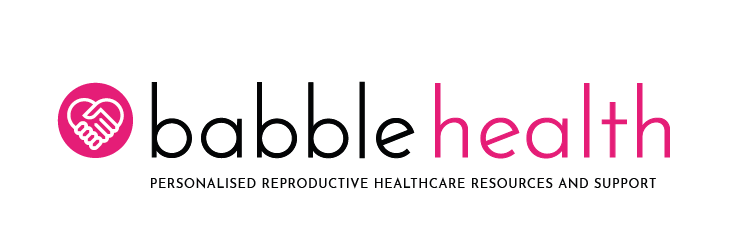The pregnancy facts
Making a Difference
The information you learn could make all the difference in the world. By understanding your pregnancy symptoms and journey to parenthood, you can make smart and informed choices helping you to understand how to be proactive instead of reactive
important things you should know
Questions And Answers
If you think you may be pregnant, you can get a blood test by your doctor or buy a pregnancy test.
Some of the symptoms of pregnancy are:
- A missed period
- Swollen or tender breasts
- Nausea
- Increased urination
- Fatigue
Not everyone experiences cravings, however if you do, it’ll probably be in your first trimester, perhaps starting as early as 5 weeks. They may get stronger in your second trimester and should stop in your third trimester.
Cravings can be varied! These are some of the most popular cravings:
- Chocolate
- Lemons
- Iced lollies
- Fatty foods
- Spicy food
- Ice cream
- Red meat
- Cheese
- Pickles
- Peanut butter
Weight gain in pregnancy varies greatly.
Most pregnant women gain around 10kg and 12.5kg (22lb to 28lb), putting on most of the weight after week 20.
Much of the extra weight is due to your baby growing, but your body will also be storing fat, ready to make breast milk after your baby is born.
Putting on too much or too little weight can lead to health problems for you or your unborn baby, which is why it’s important to keep a check on your fitness and nutrition to keep as healthy as you can be.
Some women with premature ovarian insufficiency (also known as premature ovarian failure) occurs when the ovaries stop functioning normally before age 40.
Sometimes women may still have periods and may even get pregnant. But many who have this condition have trouble getting pregnant. That’s usually what prompts a visit to the doctor.
The most common symptoms of premature ovarian failure are missed or infrequent periods.
Try to keep active on a daily basis. 30 minutes of walking each day can be enough, but if you cannot manage that, any amount is better than nothing.
Do avoid any strenuous exercise in hot weather.
Drink plenty of water and other fluids.
The safest position to go to sleep is on your side, either left or right.
It’s best to avoid lying on your back, especially in late pregnancy, when the weight of the heavy uterus can press on the large blood vessels in your belly.
Take vitamins and supplements during pregnancy, such as folic acid and vitamin D.
Eating a healthy, varied diet in pregnancy will help you get most of the vitamins and minerals you need.
But when you’re pregnant, or there’s a chance you might get pregnant, it’s important to also take a folic acid supplement and vitamin D too.
Folic acid is taken to reduce the risk of problems in the baby’s development in the early weeks of pregnancy.
It is also recommended that you take a daily vitamin D supplement.
These nutrients are needed to keep bones, teeth and muscles healthy.
A lack of vitamin D can lead to bone deformities such as rickets in children, and bone pain caused by a condition called osteomalacia in adults.
Our team of experts are here for you
We have leading experts at hand to offer advice. You can also join us for any one of our online expert Q&As. Subscribe to receive updates on these. Why not join our community to keep up to date with the latest wellbeing and medical support and guidance.
Find Support for Pregnancy
Find out more on ways to support your pregnancy wellbeing and access experts for advice and guidance on your exciting journey to parenthood

Get Care


